Today we’d like to introduce you to Ceren Türkmenoğlu
Hi Ceren, we’re thrilled to have a chance to learn your story today. So, before we get into specifics, maybe you can briefly walk us through how you got to where you are today?
I am a multi-instrumentalist and composer. I started taking music lessons around the age of 6, but it was my aunt who truly influenced me to become a musician. She was a violinist, and as a child, I was mesmerized whenever I saw her playing the violin. Upon my insistence, she brought me a little violin one day and gave me my first violin lessons. Since then, my path has been intertwined with the violin.
At 10, I was admitted to the conservatory in Ankara, where I began my formal music education. This 10-year journey spanned middle school, high school, and college. However, my true musical exploration started after I completed the structured conservatory program, as I ventured beyond classical music and the violin.
Upon graduation, I worked with the Ankara State Opera and Ballet Orchestra, and later, the Istanbul State Symphony Orchestra. In 2017, I moved to Boston, MA, to pursue a master’s degree and immerse myself in a completely different musical environment.
In Boston, I found a versatile and nurturing artistic space. I collaborated with musicians and artists from diverse backgrounds and disciplines, including members of the Silk Road Ensemble, which marked a significant milestone in my career. During this period, I also explored Turkish traditional music, learning to play the rebab and bendir, traditional Turkish instruments. My research into the rebab led me to Central Asia, where I traveled to the Tuva Republic to explore their music and traditional instruments.
As a result, I delved deeper into Turkish music. I received a project award from The Boston Foundation for two consecutive years for my project Music from Where the Sun Rises, which examines Turkish Classical Music from a historical perspective. This project allowed me to perform at prestigious institutions such as Harvard University, MIT, Tufts University, and the Boston Museum of Fine Arts.
Despite leading an active and diverse musical life in Boston, I decided to return to Turkey after the pandemic hit. I have since been living in Ankara, working with the Ankara Opera and Ballet Orchestra, and teaching at the Ankara Music and Fine Arts University. I also continue to work on my creative projects and compose.
In 2021, I released my debut album featuring some of my compositions, which I produced during the pandemic, recording many of the pieces in my home studio. This year, in February, my first ballet, Köroğlu, premiered in Istanbul. The ballet is based on a Turkic folk legend and features traditional Turkish instruments alongside Western ones. Later this month, my composition Solstice will be performed in Flensburg, Germany, by the Flensburg Ensemble at the Weltivale Music Festival.
We all face challenges, but looking back would you describe it as a relatively smooth road?
It hasn’t been smooth. I think for every artist, the road is filled with ups and downs. In my opinion, the biggest challenge is constantly confronting yourself and pushing beyond your comfort zone. It takes courage to believe in what you do and stand confidently in front of a crowd. It takes dedication to face the uneasy feelings and doubt, and still continue doing what you love.
On the other hand, everyone has different personality traits and experiences, so each person might face unique struggles. For me, I dealt with stage fright for a period of time. It emerged due to the insecurity and fear the school orchestra conductor instilled in me during my conservatory years. Young people are vulnerable to harsh and inconsiderate treatment from authority figures, and it breaks my heart when I hear stories of those who gave up because their confidence was shattered by people lacking empathy.
In my struggle with stage fright, I knew logically that there was nothing to fear and that I was as prepared as possible. However, every time I went on stage, I felt like I would be judged harshly. It took me years of hard work to regain the joy of making music, and to realize that music is an act of giving, sharing, and celebrating together—not one of evaluation, criticism, or judgment. Sometimes I wonder if my career path would have been different had I not gone through such a rigid education in my youth. However, I feel fortunate to have regained my balance and confidence and not grown distant from music.
Appreciate you sharing that. What else should we know about what you do?
I identify as a global musician. I believe that music is the most personal form of expression and, as such, should not involve discrimination or classification. Especially in today’s world, musicians should aim to develop a holistic approach to music—embracing it as a global language that transcends borders, cultures, time periods, and genres. With this philosophy in mind, I have always sought to expand my musical horizons, refusing to limit myself to one style, discipline, instrument, or approach.
In my country, it is uncommon for a classically trained musician to play other styles of music, particularly traditional music. There is a distinct separation between Western classical music and Turkish traditional music. However, I believe it is essential for an artist to draw from her cultural roots. Interestingly, I only began to explore my own culture’s music when I was in Boston. Despite being far from home, I found myself connecting deeply with Turkish music. I met skilled Turkish musicians, and we began meeting and performing regularly. For a while, I felt as if I were leading two parallel musical lives: playing classical music in orchestras and ensembles, and performing Turkish music with my group on separate occasions. This duality made me want to bridge the gap, and I began creating projects to explore the interconnections between these worlds.
My compositions reflect my influences from various musical styles and traditions. In a way, they are the culmination of everything I absorb in life, distilled into my own creative output. I take pride in following my passion and sharing my personal expression, without feeling the need to fit into any single category or label.
What does success mean to you?
I believe success is a feeling of relief that comes from within after putting in hard work and effort, and seeing its outcome. It is the satisfaction of having done your best while staying true to yourself. Success also involves embracing both your strengths and weaknesses. It’s easy to fall into the trap of perfectionism and never feel content with your work. While perfectionism can drive you to work harder and improve, it can also lead to burnout in the long run.
I’ve only reached this understanding recently, maybe within the past few years. In the past, I focused more on what society or my professional circle deemed successful. Now, however, I focus on what I need to do to stay true to myself and the music within me.
Contact Info:
- Website: https://www.cerenturkmenoglu.com
- Instagram: https://www.instagram.com/cerenissimo/
- Facebook: https://www.facebook.com/ceren.turkmenoglu
- Twitter: https://x.com/cerenturkmenogl
- Youtube: http://www.youtube.com/@CerenTurkmenoglu
- Other: https://music.apple.com/tr/artist/ceren-t%C3%BCrkmeno%C4%9Flu/1382820060
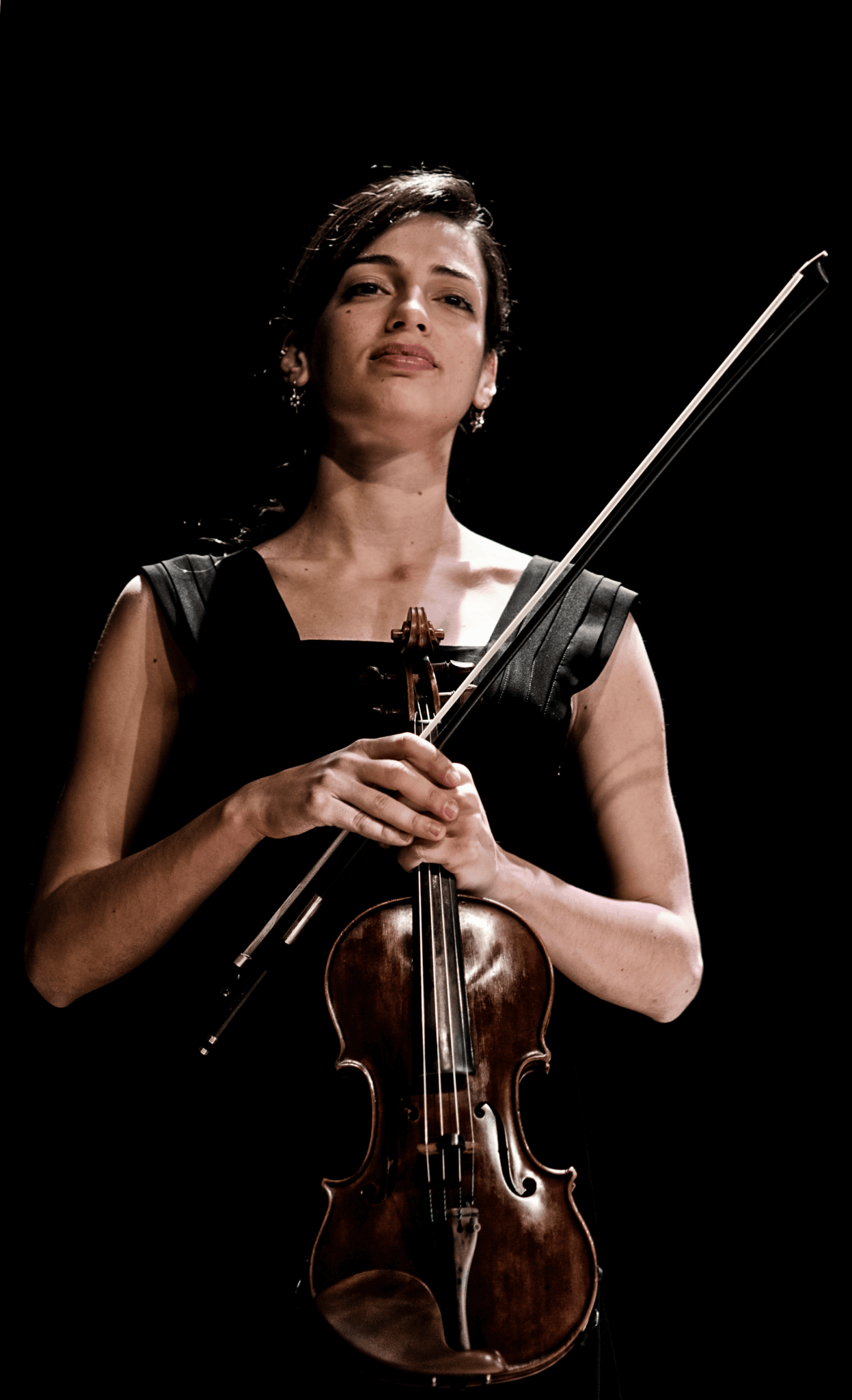
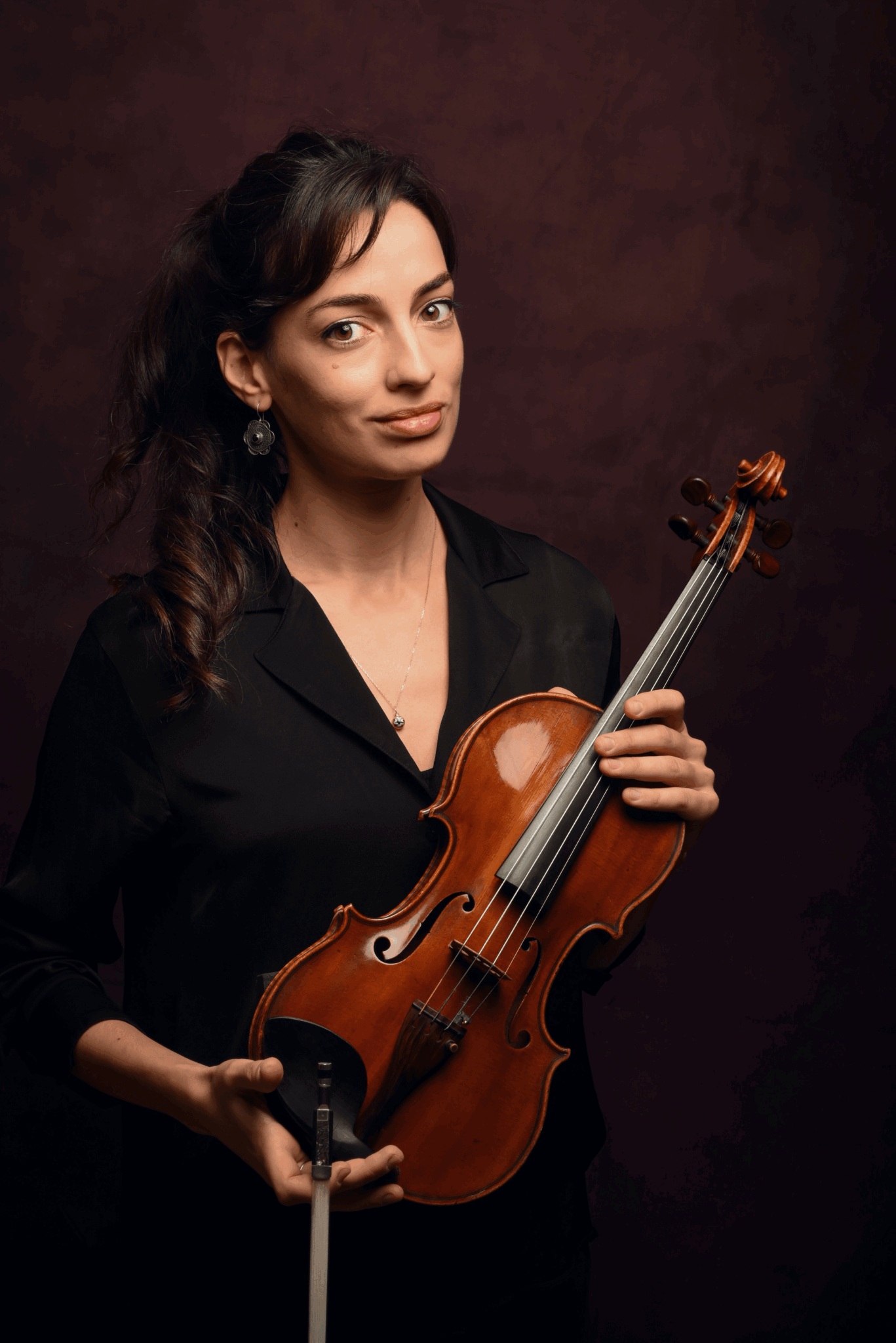
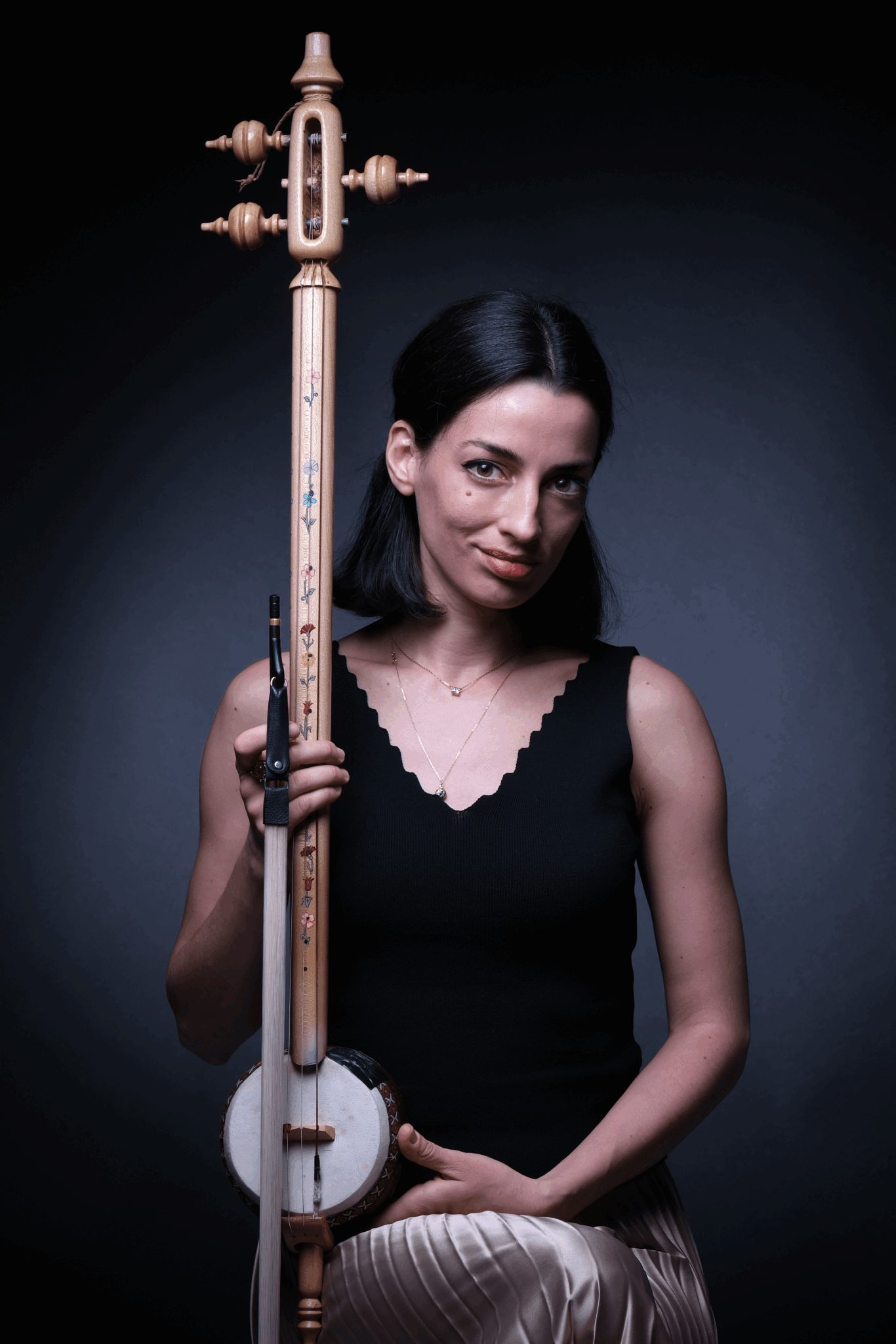
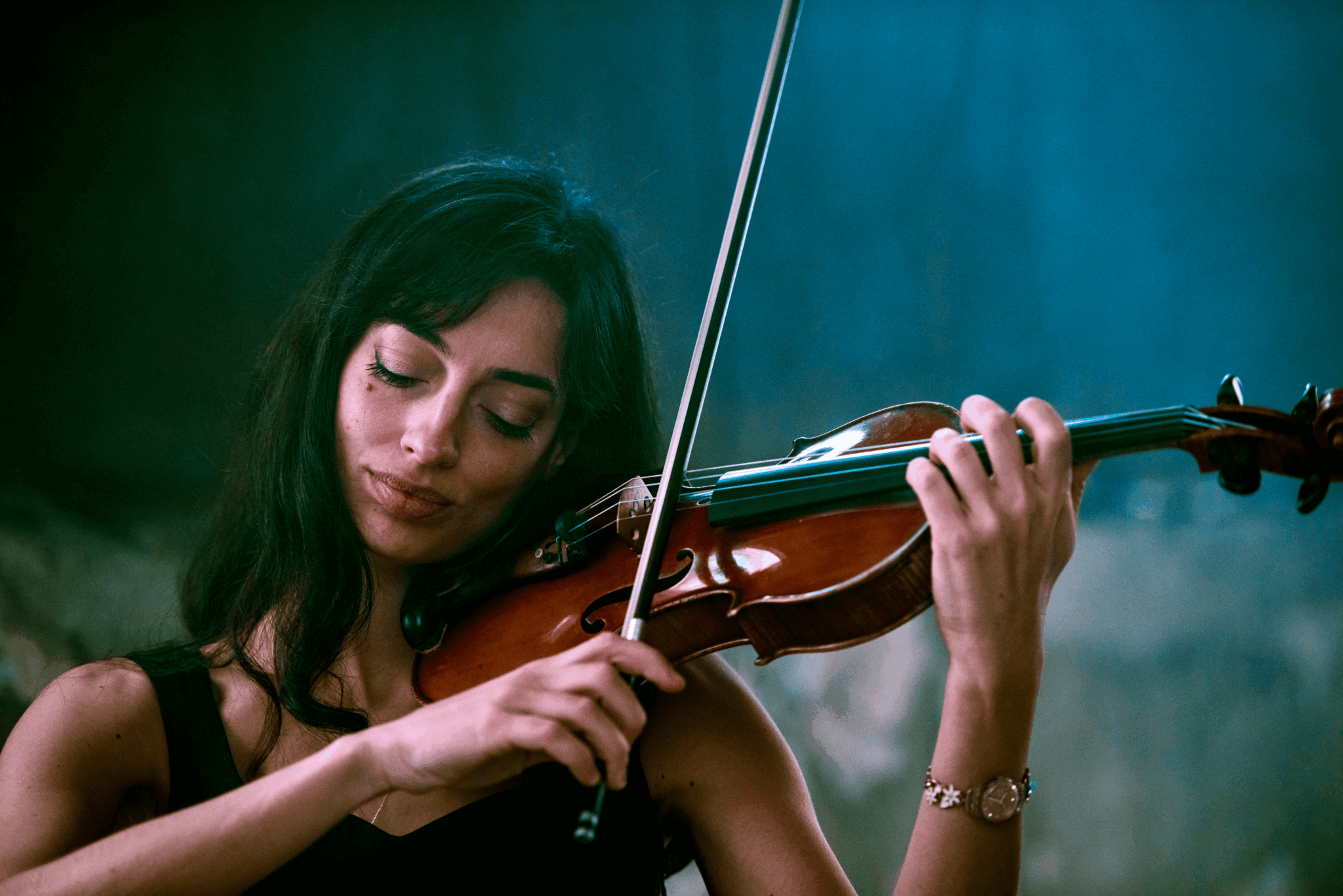
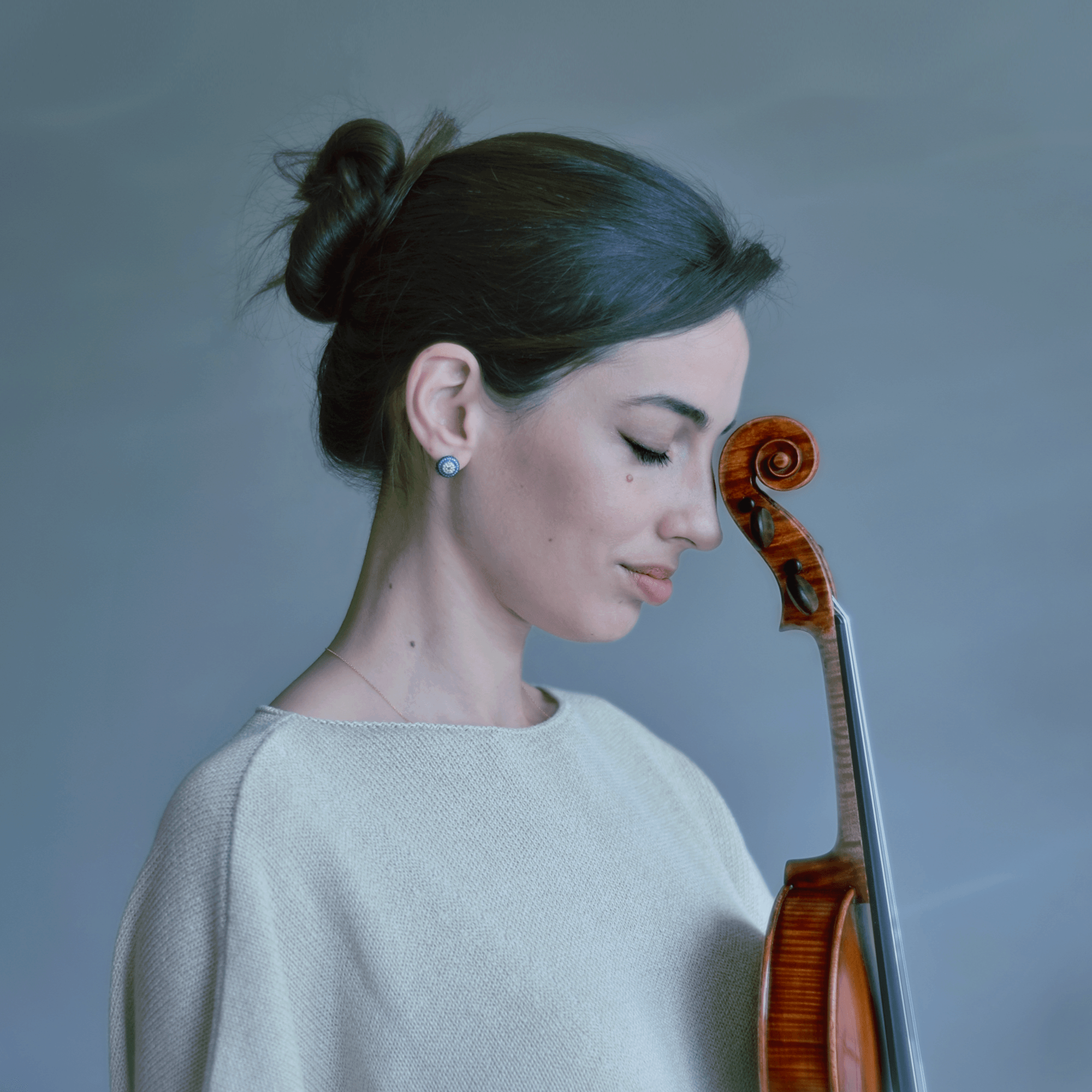
Image Credits
Evran Öztürk, Noyan Özatik, Arda Aktar, Ceren Türkmenoğlu


